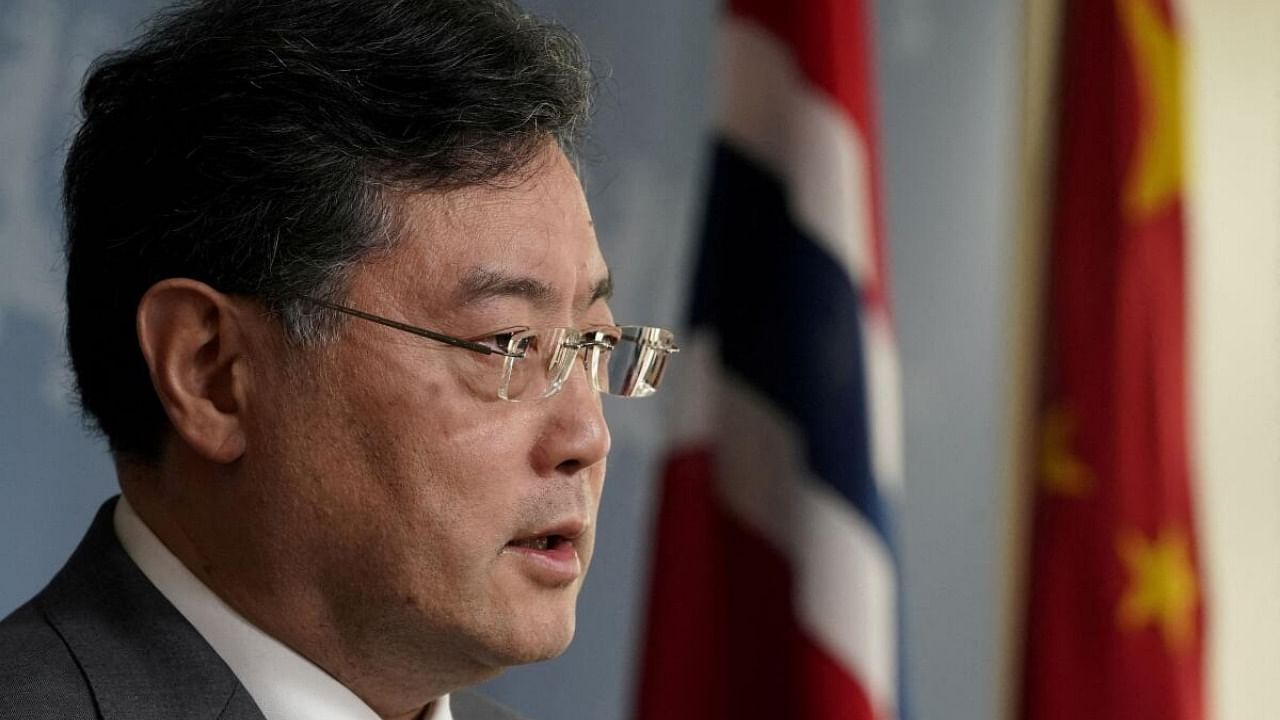
After China’s leader, Xi Jinping, catapulted Qin Gang into the post of foreign minister in December, Qin set a frantic pace, meeting dozens of foreign officials as he pressed Beijing’s agenda in a divided, war-stricken world.
Then Qin went silent.
As of Monday, he had not made a public appearance in three weeks. His last reported engagements were on June 25, when he held talks with diplomats from Vietnam, Russia and Sri Lanka. He was recently scheduled to meet the foreign policy chief of the European Union in Beijing, but China canceled that visit. Last week, he missed a meeting of Southeast Asian countries in Jakarta, Indonesia, to which China was invited.
Outside China, Qin’s lengthy absence has set off speculation on the internet about his health and status. Abrupt disappearances of senior Chinese officials from public life are often seen as potential signs of trouble. The mystery has seeped into conversations among diplomats and political insiders in the Chinese capital.
The Chinese government acknowledged last week that Qin, 57, would skip the Jakarta meeting, citing health reasons, but it has otherwise declined to give any details or updates. In Beijing, reporters have repeatedly asked the foreign ministry, including on Monday, questions such as when Qin would return to work, only to be told that officials had “no information” to provide.
Secrecy on the part of the government has only fueled the speculation over Qin’s absence, threatening to distract from China’s efforts to power up its diplomacy to ease tensions with Western powers and court Asian neighbors.
The episode “is embarrassing and unsettling to Chinese diplomats because of the uncertainty it injects in a system that is tightly controlled,” said Daniel R. Russel, a former senior American diplomat now at the Asia Society Policy Institute.
It remains quite plausible that Qin fell ill and is recovering. Even so, the episode would be a telling example of how the party’s aversion to sharing bad news can undermine its efforts to control the narrative.
“Secrecy is the chosen mode of operation because for the Chinese Communist Party, information is a weapon,” said Willy Wo-Lap Lam, a senior fellow at the Jamestown Foundation, a research institute in Washington.
“But in this case, the mystery surrounding such an important official — foreign minister — is mind-boggling,” he said.